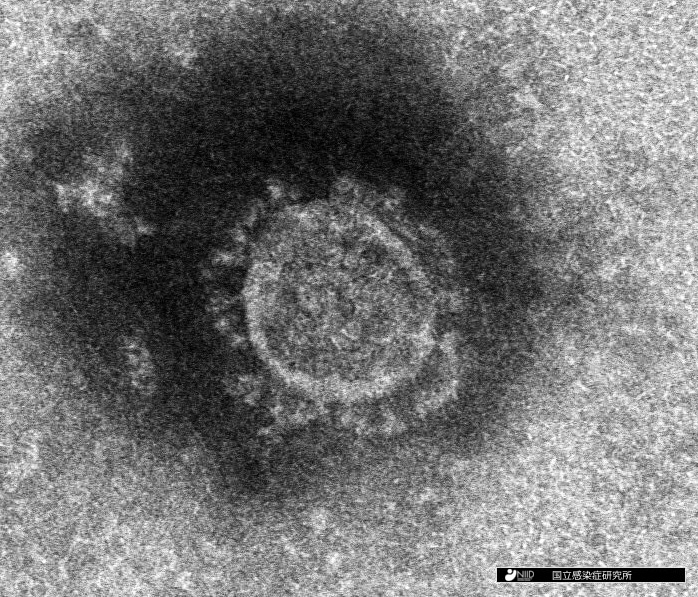Jpn. J. Infect. Dis., 65 (3), 193-197, 2012
To see a printable version of the article in the Adobe file format, click this [PDF] link.
Se-Min Hwang1, Hack-Lyoung Kim2, Kyueng-Whan Min3, Min Kim3, Jae-Sung Lim3, Jin-Man Choi3, Byung-Chul Chun4, Min-Jeong Kim5, Sang-Min Lee6, Seung-Young Kim7, and Han-Ho Jeon8*
1Department of Preventive Medicine, Armed Forces Medical Command, Seongnam; 2Department of Internal Medicine, Seoul National University Hospital, Seoul; 3Armed Forces Seoul Hospital, Seoul; 4Department of Preventive Medicine and Department of Epidemiology Public Health Informatics, 5Korea University School of Public Health, Seoul; 6Department of Internal Medicine, Armed Forces Capital Hospital, Seongnam; 7Department of Internal Medicine, Korea University College of Medicine, Seoul; and 8Department of Internal Medicine, Yonsei University College of Medicine, Seoul, Korea
(Received August 24, 2011. Accepted January 31, 2012)
*Corresponding author: Mailing address: Department of Internal Medicine, Gangnam Severance Hospital, Yonsei University College of Medicine, 211 Eonju-ro, Gangnam-Gu, Seoul 135-720, Republic of Korea. Tel: +82-2-2019-3298, Fax: +82-2-3463-3882, E-mail: This email address is being protected from spambots. You need JavaScript enabled to view it.
SUMMARY: The first large-scale outbreaks of respiratory disease in the 21st century were caused by the influenza A (H1N1) virus in 2009, which affected mostly young adults. The M59 vaccine was developed to control pandemic influenza A (H1N1). However, the complications arising from the use of the non-adjuvanted and adjuvanted vaccines in young male Korean soldiers have not previously been evaluated and compared. We conducted a prospective multicenter study of 2,864 healthy male soldiers aged 19 to 25 years to evaluate the adverse events associated with both the MF59-adjuvanted and non-adjuvanted forms of the influenza A/California/2009 (H1N1) surface-antigen vaccine. In most cases, the adverse-event symptoms were mild, and the most frequent adverse events were swelling at the injection site and myalgia, which were noted in 4.8% and 10.7% of participants, respectively. Administration of the MF59-adjuvanted vaccine was associated with an increased incidence of local (crude odds ratio [cOR], 1.56; 95% confidence interval [CI], 1.11–2.29) and systemic adverse events (cOR, 1.64; 95% CI, 1.29–2.07) after vaccination. Atopic dermatitis (adjusted OR [aOR], 2.32; 95% CI, 0.99–5.46) might be the choice risk factor for local adverse events, and adjuvant use (aOR, 1.35; 95% CI, 1.03–1.78) was a significant predictor of systemic adverse events in healthy young male Korean soldiers.
